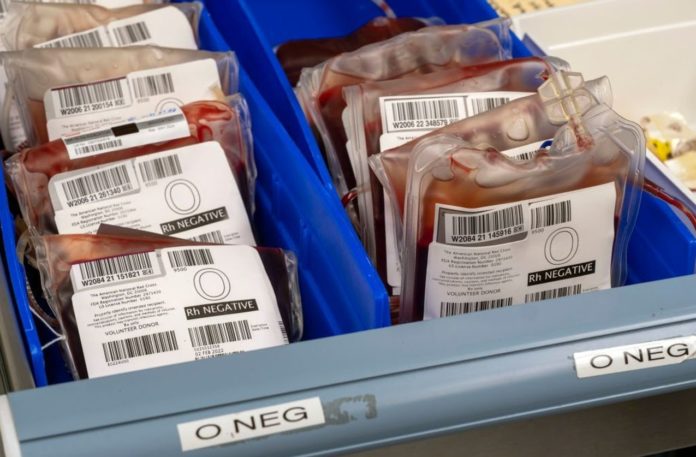The approach was first tested on aortic tissues, after which it was found to be effective in destroying group A proteins in eight lung samples.
Researchers at the University of Toronto have discovered for the first time a way to change the blood type of patients undergoing organ transplants.
Experts have figured out how to convert the blood of transplanted organs back to the original.
They used the enzymes N-acetyl-alpha-D-galactose deacetylase (FpGalNAc-deacetylase) and D-galactosamine-galactosaminidase to purify it from specific antigens (A or B for the second and third groups, respectively) (FpGalactosaminidase).
The approach was initially tested on aorta tissues before being successfully applied to destroy group A proteins in eight lung samples.
It was noticed that the enzymes destroyed practically all agglutinogens in only four hours.
The researchers then examined the reactivity of plasma antibodies from individuals with the first blood type, which was shown to be negligible.
No treatment-related acute lung toxicity was observed
These findings demonstrate that EVLP therapy can reduce donor lung A-Ag levels.
This technique has the potential to increase the number of ABO-incompatible lung transplants while also improving the fairness of organ allocation.
This suggests that this strategy has a high rate of success.
Source: 10.1126/scitranslmed.abm7190
Image Credit: Getty
You were reading: Canadian scientists have found a way to change the blood type
